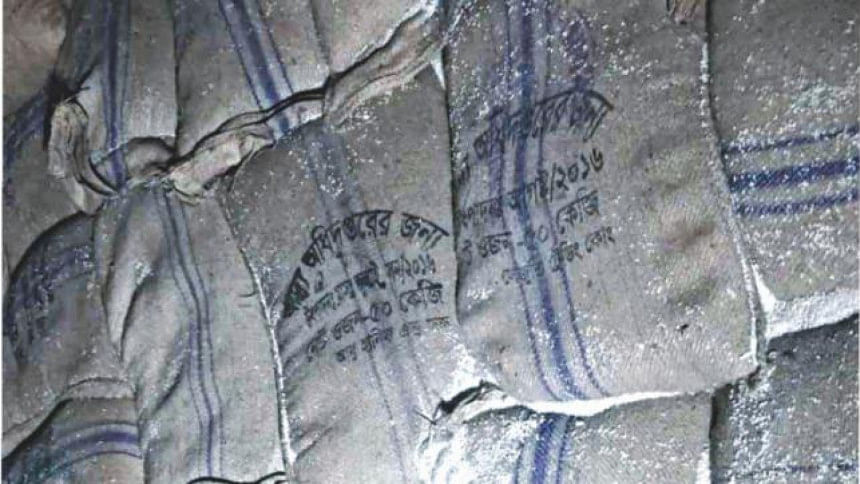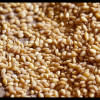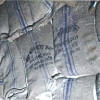Whose rice in government silos?

Reports have emerged after RAB seized 155 tons of food smuggled out of government depots in Chittagong in rice sacks stamped with Directorate General of Food. Interestingly, the Food Directorate, after having inspected all its silos, found its stocks intact and hence we are now left with the question-- who owns this rice? A report in this paper indicates that most of the 126 depots are only partially stocked with rice and the excess capacity was allegedly being used by black marketers to hoard their stock. Now we need to ask as to how such an elaborate scheme could be made whereby outside parties could store their merchandise in government warehouses without connivance of corrupt officials. And this at a time when the country was facing a crunch in rice supply.
We have perhaps stumbled on to a very big scam. Stocking rice in government depots is very convenient and would hardly raise an eyebrow, especially if it could be transported out in sacks that carried official stamps. For years we have known of the illegal hoarding practice of traders to create artificial crisis in the market to raise prices of rice and wheat, but this is for the first time that use of government facility to hoard private traders' stock has come to light. Indeed, certain rice dealers and traders have been named in the police case that has been lodged in this regard, and some of the accused are on the run from the law.
This points to a sinister collusion between hoarders and government storage depot managers and it is imperative that the matter is investigated thoroughly, and those involved brought to justice. It is necessary to break the cartel that is misusing government facilities to carry on an illegal trade.

 For all latest news, follow The Daily Star's Google News channel.
For all latest news, follow The Daily Star's Google News channel. 








Comments